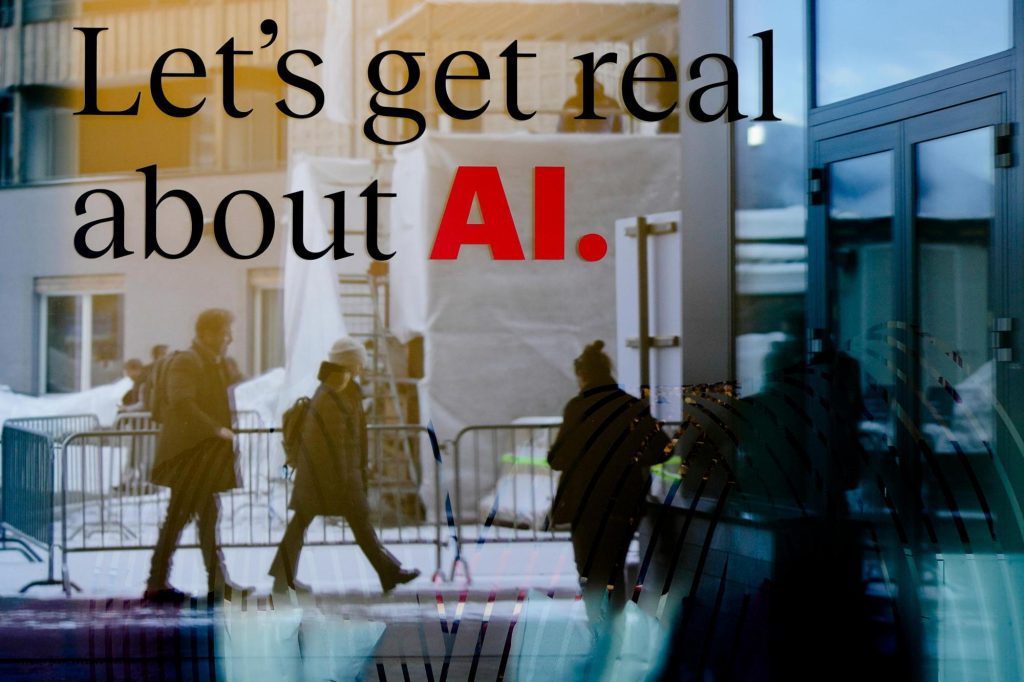By Ali Swenson and Kelvin Chan, Associated Press
LONDON (AP) — Artificial intelligence is significantly enhancing the threat of election misinformation. disinformation worldwide, making it easy for anyone with a smartphone and a crafty imagination to create fake – but convincing – content aimed at deceiving voters.
It represents a major advancement from a few years ago, when creating fake photos, videos or audio clips required groups of people with time, technical skill and money. teams of people with time, technical skill and money. Now, using free and low-cost generative artificial intelligence services from companies like Google and OpenAI, anyone can create high-quality “deepfakes” with just a simple text prompt.
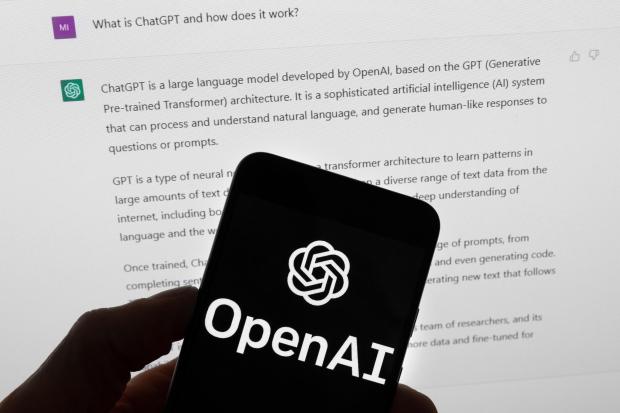
A wave of AI deepfakes tied to elections in Europe and Asia has coursed through social media for months, serving as a warning for more than 50 countries heading to the polls this year. more than 50 countries heading to the polls this year.
“You don’t need to look far to see some people … being clearly confused as to whether something is real or not,” said Henry Ajder, a leading expert in generative AI based in Cambridge, England.
The question is no longer whether AI deepfakes could affect elections, but how influential they will be, said Ajder, who runs a consulting firm called Latent Space Advisory.
As the U.S. presidential race heats up, FBI Director Christopher Wray recently warned about the growing threat, saying generative AI makes it easy for “foreign adversaries to engage in malign influence.” warned about the growing threat, saying generative AI makes it easy for “foreign adversaries to engage in malign influence.”
With AI deepfakes, a candidate’s image can be smeared, or softened. Voters can be steered toward or away from candidates — or even to avoid the polls altogether. But perhaps the greatest threat to democracy, experts say, is that a surge of AI deepfakes could erode the public’s trust in what they see and hear. a candidate’s image can be tarnished, or improved. Voters can be guided toward or away from candidates — or even to avoid the polls altogether. But perhaps the greatest threat to democracy, experts say, is that a surge of AI deepfakes could erode the public’s trust in what they see and hear.
Some recent examples of AI deepfakes include:
- A video of Moldova’s pro-Western president throwing her support behind a political party friendly to Russia.
- Audio clips of Slovakia’s liberal party leader discussing vote rigging and raising the price of beer.
- A video of an opposition lawmaker in Bangladesh — a conservative Muslim majority nation — wearing a bikini.
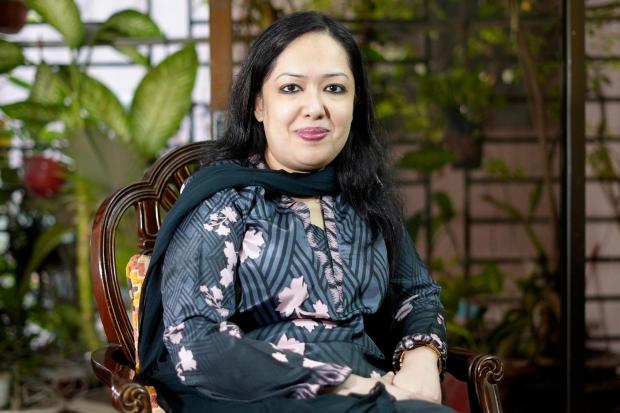
The novelty and sophistication of the technology makes it hard to track who is behind AI deepfakes. Experts say governments and companies are not yet capable of stopping the deluge, nor are they moving fast enough to solve the problem.
According to Ajder, it will be difficult to find clear answers about a lot of the fake content as technology improves.
TRUST EROSION
Some AI deepfakes are created to create uncertainty about candidates’ loyalties.
Maia Sandu, the pro-Western President of Moldova, has been a target of online disinformation produced with AI. One AI deepfake that circulated before local elections showed her supporting a Russian-friendly party and announcing plans to resign.
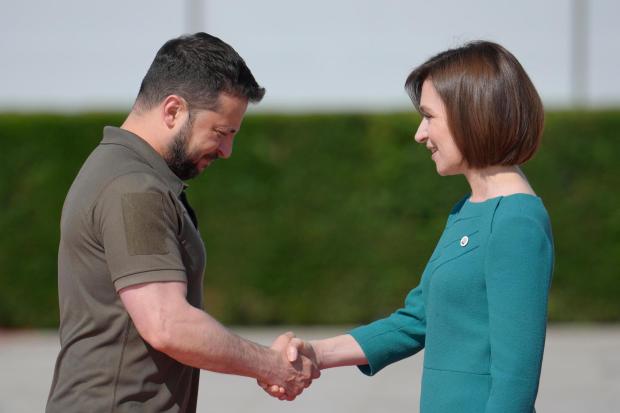
Officials in Moldova suspect the Russian government is responsible for the activity. With presidential elections this year, the deepfakes aim to weaken trust in the electoral process, candidates, and institutions, as well as trust between people, according to Olga Rosca, an adviser to Sandu. The Russian government declined to comment for this story.
China has also been accused of using generative AI for political purposes.
In Taiwan, a self-governed island claimed by China, an AI deepfake raised concerns earlier this year about U.S. interference in local politics.
An artificial clip spreading on TikTok showed U.S. Rep. Rob Wittman, vice chairman of the U.S. House Armed Services Committee, pledging greater U.S. military support for Taiwan if the incumbent party’s candidates were elected in January.
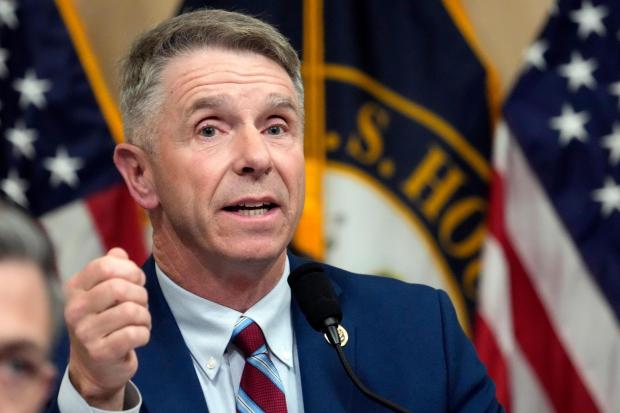
Wittman accused the Chinese Communist Party of attempting to interfere in Taiwanese politics, claiming it uses TikTok — a Chinese-owned company — to spread “propaganda.”
Wang Wenbin, a spokesperson for the Chinese foreign ministry, stated that his government refrains from commenting on fake videos and opposes interference in other countries’ internal affairs. He stressed that the Taiwan election “is a local affair of China.”
REALITY OBSCURATION
It's particularly challenging to authenticate audio-only deepfakes because they lack identifiable signs of manipulation compared to photos and videos.
In Slovakia, another country overshadowed by Russian influence, audio clips imitating the voice of the liberal party chief were widely shared on social media just before parliamentary elections. The clips supposedly captured him discussing raising beer prices and vote rigging.
Ajder noted that it's understandable for voters to be deceived because humans are more accustomed to evaluating with our eyes than with our ears.
In the U.S., robocalls mimicking U.S. President Joe Biden encouraged voters in New Hampshire to refrain from voting in the January primary election. The calls were later attributed to a political advisor who stated that he was trying to bring attention to the risks of AI deepfakes.
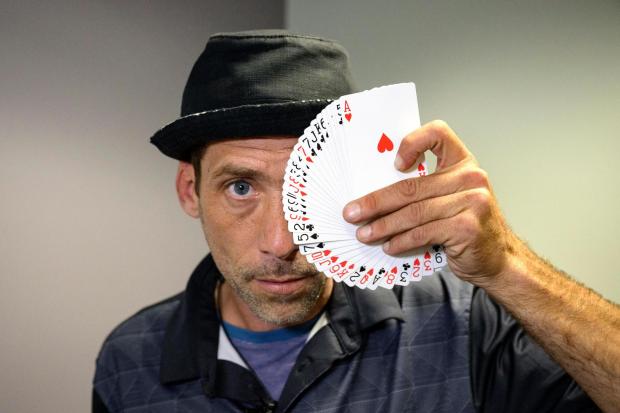
In less wealthy nations, where media literacy is lacking, even low-quality AI fakes can be impactful.
This was the situation last year in Bangladesh, where opposition lawmaker Rumeen Farhana — a vocal critic of the ruling party — was falsely shown wearing a bikini. The widespread video caused anger in the conservative, majority-Muslim nation.
“They believe whatever they see on Facebook,” Farhana mentioned.
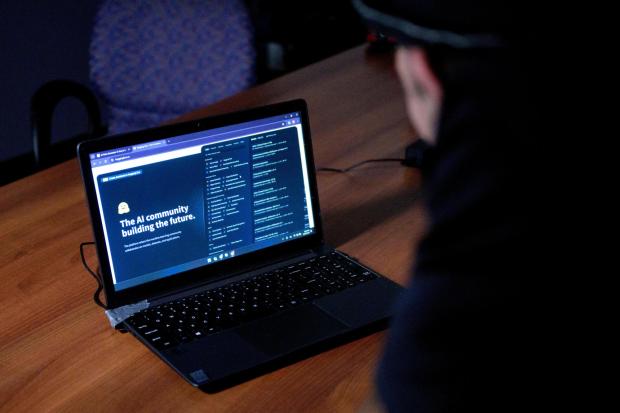
Experts are particularly worried about upcoming elections in India, the world’s largest democracy and where social media platforms are hotspots for misinformation.
A THREAT TO DEMOCRACY
Some political campaigns are using generative AI to enhance their candidate’s image.
In Indonesia, the team that managed the presidential campaign of Prabowo Subianto utilized a basic mobile app to create a stronger connection with supporters across the extensive island nation. The app allowed voters to upload photos and generate AI-created images of themselves with Subianto.
As the varieties of AI deepfakes increase, authorities around the globe are racing to establish guidelines.
The European Union already demands social media platforms to reduce the risk of spreading disinformation or “election manipulation.” It will also require special labeling of AI deepfakes starting next year, a measure that is too late for the EU’s parliamentary elections in June. However, the rest of the world is much further behind.
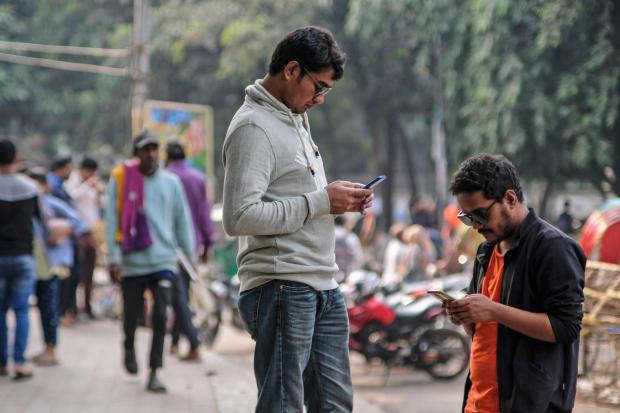
The world’s largest tech companies recently — and voluntarily — signed a pact to prevent AI tools from disrupting elections. For instance, the company that owns Instagram and Facebook has stated it will begin labeling deepfakes that appear on its platforms.
But deepfakes are more challenging to control on apps like the Telegram chat service, which did not sign the voluntary pact and employs encrypted chats that can be difficult to monitor.
Some experts are concerned that efforts to control AI deepfakes could have unintended consequences.
Well-intentioned governments or companies may encroach on the sometimes “very thin” line between political commentary and an “illegitimate attempt to smear a candidate,” stated Tim Harper, a senior policy analyst at the Center for Democracy and Technology in Washington.
Services that create AI have rules to limit political false information. However, experts say it is still too easy to bypass the platforms' restrictions or use other services that do not have the same protections.
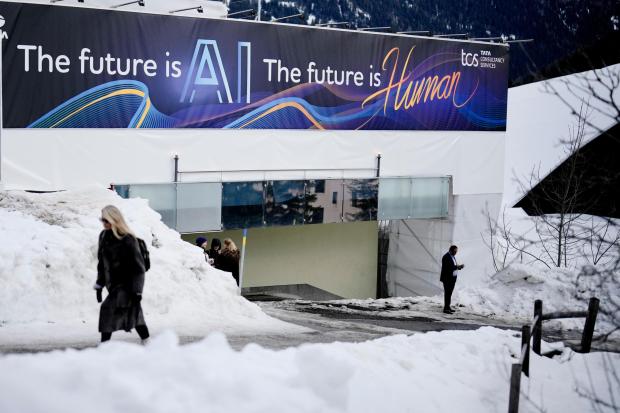
Even without bad intentions, the increasing use of AI is troublesome. Many popular AI-driven chatbots are still producing incorrect and deceptive information that poses a threat to voters' rights.
And technology is not the only danger. Candidates could attempt to trick voters by alleging that real events showing them in a negative way were created by AI.
“A world in which everything is questionable — and so everyone can decide what they believe — is also a world that's really difficult for a thriving democracy,” said Lisa Reppell, a researcher at the International Foundation for Electoral Systems in Arlington, Virginia.
The Associated Press receives support from various private foundations to improve its explanatory coverage of elections and democracy. See more about AP’s democracy initiative here. The AP is solely responsible for all content.





